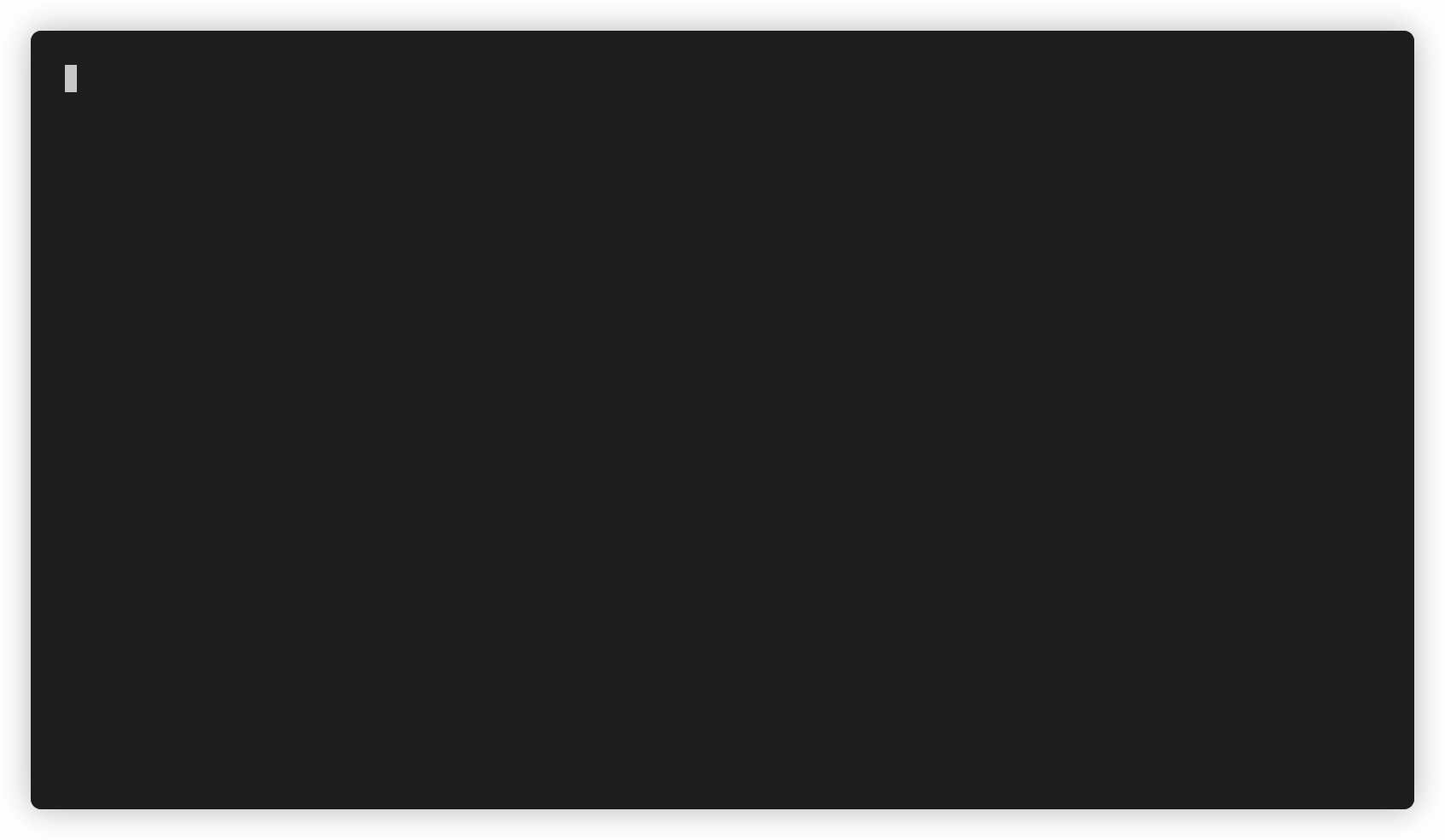depth
depth is tool to retrieve and visualize Go source code dependency trees.
Install
Download the appropriate binary for your platform from the Releases page, or:
go get github.com/KyleBanks/depth/cmd/depth
Usage
depth can be used as a standalone command-line application, or as a package within your own project.
Command-Line
Simply execute depth with one or more package names to visualize. You can use the fully qualified import path of the package, like so:
$ depth github.com/KyleBanks/depth/cmd/depth
github.com/KyleBanks/depth/cmd/depth
├ encoding/json
├ flag
├ fmt
├ io
├ log
├ os
├ strings
└ github.com/KyleBanks/depth
├ fmt
├ go/build
├ path
├ sort
└ strings
12 dependencies (11 internal, 1 external, 0 testing).
Or you can use a relative path, for example:
$ depth .
$ depth ./cmd/depth
$ depth ../
You can also use depth on the Go standard library:
$ depth strings
strings
├ errors
├ io
├ unicode
└ unicode/utf8
5 dependencies (5 internal, 0 external, 0 testing).
Visualizing multiple packages at a time is supported by simply naming the packages you'd like to visualize:
$ depth strings github.com/KyleBanks/depth
strings
├ errors
├ io
├ unicode
└ unicode/utf8
5 dependencies (5 internal, 0 external, 0 testing).
github.com/KyleBanks/depth
├ fmt
├ go/build
├ path
├ sort
└ strings
7 dependencies (7 internal, 0 external, 0 testing).
-internal
By default, depth only resolves the top level of dependencies for standard library packages, however you can use the -internal flag to visualize all internal dependencies:
$ depth -internal strings
strings
├ errors
├ io
├ errors
└ sync
├ internal/race
└ unsafe
├ runtime
├ runtime/internal/atomic
└ unsafe
├ runtime/internal/sys
└ unsafe
├ sync/atomic
└ unsafe
└ unsafe
├ unicode
└ unicode/utf8
12 dependencies (12 internal, 0 external, 0 testing).
-max
The -max flag limits the dependency tree to the maximum depth provided. For example, if you supply -max 1 on the depth package, your output would look like so:
$ depth -max 1 github.com/KyleBanks/depth/cmd/depth
github.com/KyleBanks/depth/cmd/depth
├ encoding/json
├ flag
├ fmt
├ io
├ log
├ os
├ strings
└ github.com/KyleBanks/depth
7 dependencies (6 internal, 1 external, 0 testing).
The -max flag is particularly useful in conjunction with the -internal flag which can lead to very deep dependency trees.
-test
By default, depth ignores dependencies that are only required for testing. However, you can view test dependencies using the -test flag:
$ depth -test strings
strings
├ bytes
├ errors
├ fmt
├ io
├ io/ioutil
├ math/rand
├ reflect
├ sync
├ testing
├ unicode
├ unicode/utf8
└ unsafe
13 dependencies (13 internal, 0 external, 8 testing).
-explain target-package
The -explain flag instructs depth to print import chains in which the target-package is found:
$ depth -explain strings github.com/KyleBanks/depth/cmd/depth
github.com/KyleBanks/depth/cmd/depth -> strings
github.com/KyleBanks/depth/cmd/depth -> github.com/KyleBanks/depth -> strings
-json
The -json flag instructs depth to output dependencies in JSON format:
$ depth -json github.com/KyleBanks/depth/cmd/depth
{
"name": "github.com/KyleBanks/depth/cmd/depth",
"deps": [
{
"name": "encoding/json",
"internal": true,
"deps": null
},
...
{
"name": "github.com/KyleBanks/depth",
"internal": false,
"deps": [
{
"name": "go/build",
"internal": true,
"deps": null
},
...
]
}
]
}
Integrating With Your Project
The depth package can easily be used to retrieve the dependency tree for a particular package in your own project. For example, here's how you would retrieve the dependency tree for the strings package:
import "github.com/KyleBanks/depth"
var t depth.Tree
err := t.Resolve("strings")
if err != nil {
log.Fatal(err)
}
// Output: "'strings' has 4 dependencies."
log.Printf("'%v' has %v dependencies.", t.Root.Name, len(t.Root.Deps))
For additional customization, simply set the appropriate flags on the Tree before resolving:
import "github.com/KyleBanks/depth"
t := depth.Tree {
ResolveInternal: true,
ResolveTest: true,
MaxDepth: 10,
}
err := t.Resolve("strings")
Author
depth was developed by Kyle Banks.
License
depth is available under the MIT license.







